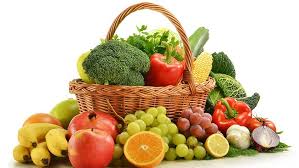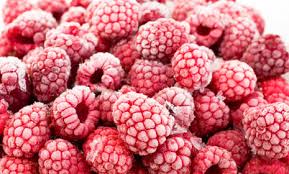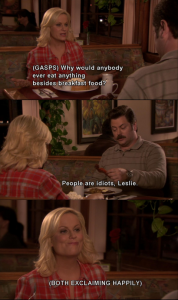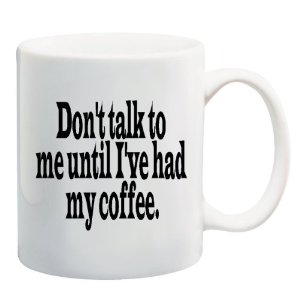
It has been said that drinking a glass of red wine a day can improve your health. I started to wonder why that is if people preach about how bad alcohol is for you. I was curious about if there was a direct correlation between drinking alcohol and being healthier, or if there was a third variable influencing this. It was easy to automatically eliminate the thought of a reverse correlation because of the issue with time: a healthy person today could not make themselves drink wine yesterday.
It is thought that red wine has more heart-healthy benefits than do other types of alcohol, because of the antioxidants found in the grapes. However, there is no clear evidence that red wine is better for your heart than other various forms of alcohol such as beer, liquor, or white wine, but for this post I’m going to focus merely on red wine and how it’s antioxidants may correlate with a person’s health.
As I was researching how red wine could be beneficial to one’s health, I came across the enzyme resveratrol. Resveratrol is an antioxidant produced naturally by several plants. The resveratrol in red wine comes from the skin of grapes used to make wine and can be found in other foods as well such as peanuts, blueberries and cranberries. The amount of resveratrol in different foods and drinks can vary, and is more significant in red wine than white wine because the grape skins used in red wine are fermented longer. Resveratrol in red wine may be the direct correlation between drinking wine and living a healthier life. This is due to the heart-healthy benefits that resveratrol has on the body.
The antioxidants in red wine, including resveratrol, may help prevent heart disease through its many positive effects on the body. Certain antioxidants in red wine called polyphenols may help protect the lining of blood vessels in the heart. Resveratrol is a main polyphenol found in red wine that has been seen as very beneficial to it’s drinkers. Resveratrol has been known to increase the levels of high-density lipoprotein cholesterol as well as decrease low-density lipoprotein cholesterol. This is an increase in the “good” cholesterol in the body and a decrease in the “bad” cholesterol. These changes in levels help prevent damage to blood vessels as well as helps to prevent blood clots. Reducing the bad cholesterol in the body is vital, because it reduces the risk of inflammation to the blood vessels and blood clotting, which also reduces the risk of heart disease. In addition to the heart benefits red wine has, drinking red wine in moderation may help improve memory, help lose weight, boost immunity, and help prevent bone loss.
Studies have been done on mice to test resveratrol and its effects it has to make sure the research is correct. The study concluded that the mice given resveratrol were at a lesser risk for obesity and diabetes, both of which are factors for heart disease. This study shows how ingesting resveratrol has positive effects on the heart. Resveratrol can be seen as a third variable which explains why red wine is thought to be heart-healthy. Resveratrol helps reduce the risk of many diseases that can cause heart disease or failure, but the red wine itself is not reducing the risk of heart disease or failure. In fact, in order to obtain the same results as the mice in the study, a person would have to drink more than 1,000 liters of red wine everyday.
In addition to resveratrol being heart healthy, it is thought that alcohol itself, in moderation, can have heart benefits as well. For example, it is thought that alcohol raises the “good” cholesterol and reduced the “bad” cholesterol similarly to resveratrol, reduces the formation of blood clots, and produces changes in blood pressure. These benefits can only be found in drinking alcohol in moderation. While these benefits may seem great, you get to be healthy while drinking alcohol, alcohol has very serious negative side effects on the body as well because of it’s addictiveness. Drinking too much alcohol may increase the risk of high blood pressure, high triglycerides, liver damage, obesity, certain types of cancer, accidents and other problems. In addition, drinking too much alcohol regularly can cause weakened heart muscle, leading to symptoms of heart failure in some people. Additionally, the effects that resveratrol has on the body are only short term and may not give a person the same benefits in the future.
No doctor in their right mind would recommend drinking excessive amounts of red wine just to improve heart function. There are other ways to ingest resveratrol and get similar benefits as red wine. For example, simply eating grapes, or drinking grape juice. Of course the amount of resveratrol in different foods and wines can vary, you will still be getting some of the benefits found in resveratrol. The American Heart Association recommends that if you already drink red wine, do so in moderation in order to receive some of the benefits of red wine.
http://www.mayoclinic.org/diseases-conditions/heart-disease/in-depth/red-wine/art-20048281?pg=2
http://www.health.com/health/article/0,,20410287,00.html















